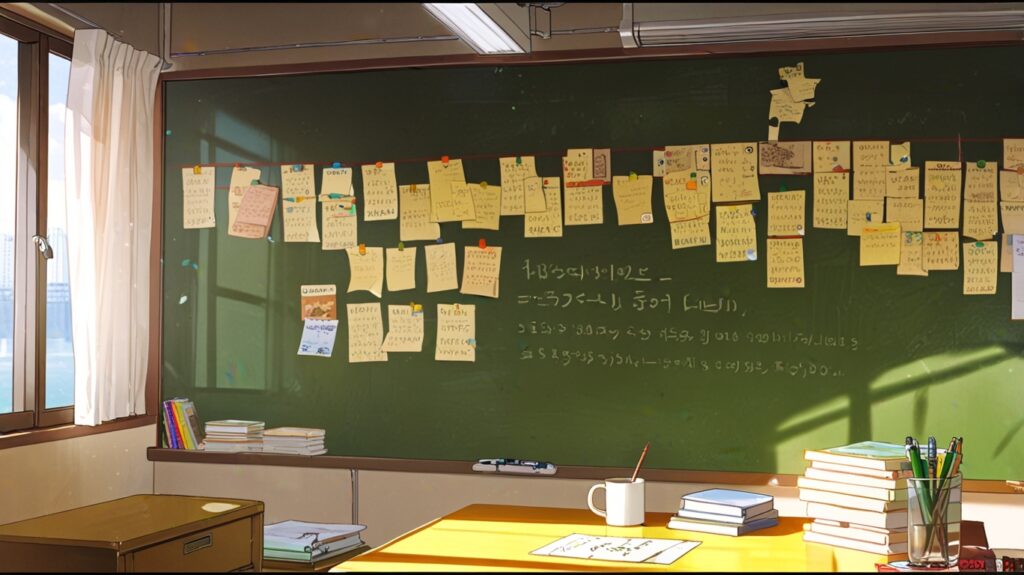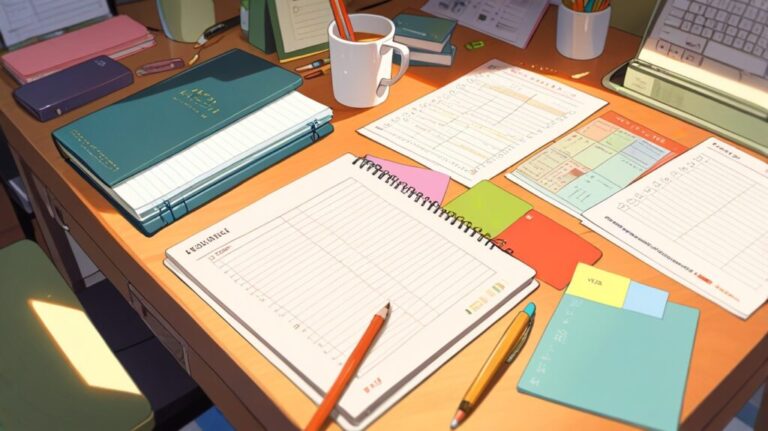How to improve memory for studying?
How to Improve Memory for Studying?
Okay, let’s talk about memory—for real.
If you’ve ever stared at a textbook for hours, highlighting everything, only to forget everything two days later… yeah. You’re not alone. Been there, done that, forgot it all by the exam.
It’s not that your brain is broken. It’s that memorizing things isn’t just about reading them over and over—it’s about giving your brain a reason to care, and a strategy to store it.
Good memory isn’t magic. It’s science, habit, and (surprisingly) a little bit of creativity.
Let me show you how to make stuff stick.
1. 🧠 Understand How Memory Actually Works
Let’s nerd out for two seconds.
Memory has three big steps:
- Encoding – Taking in information
- Storage – Holding onto it over time
- Retrieval – Pulling it out when you need it (like on test day)
If your memory isn’t working, it’s probably not the storage part—it’s the encoding. That means your brain didn’t save it well in the first place. Your goal while studying isn’t just to see the info… it’s to store it deeply.
2. 🔁 Use Active Recall (the GOAT of study methods)
Most people reread or highlight and hope their brain just “gets it.”
But what actually works? Testing yourself.
Active recall means forcing your brain to remember without looking.
Try this:
- Read a section → close the book → ask yourself, “What did I just learn?”
- Use flashcards (apps like Anki or Quizlet are 🔥)
- Teach the topic to someone else (or your pillow)
- Summarize it in your own words from memory
If you struggle to recall something? That’s good. That’s your brain learning.




3. 📆 Space It Out (Spaced Repetition = memory booster)
Studying the same thing five times in one day is way less effective than studying it once a day for five days.
This is called spaced repetition, and it’s memory’s best friend.
Here’s a basic way to do it:
- Study it today
- Review it tomorrow
- Review it again in 3 days
- Then again in a week
Apps like Anki do this automatically for you. But even a paper calendar works. Just don’t cram and forget. Space it out and lock it in.
4. 🗺 Turn Info Into Visuals (Your Brain ❤️ Pictures)
If your notes are just blocks of text, your brain’s like, “nah.”
But if you give it something to see, it lights up.
Try:
- Mind maps
- Diagrams
- Timelines
- Doodle the concept (even if you suck at drawing—it helps)
The more your brain can see and connect, the more it remembers.
5. 🎙 Say It Out Loud (Yes, Talk to Yourself)
Weird trick, big results.
When you say things out loud, your brain treats it like a conversation. It helps with clarity and retention.
Try:
- Reading your notes aloud
- Explaining topics to yourself like you’re teaching
- Recording your voice and listening back
You’ll remember more because you’re hearing it and processing it twice.
6. 🧠 Use Mnemonics (Make It Weird, Make It Stick)
Mnemonics = memory tricks.
You’ve probably used “PEMDAS” (Please Excuse My Dear Aunt Sally) to remember math order of operations.
Now take that same energy and make your own.
Examples:
- Acrostics (make a sentence with first letters)
- Rhymes (“In 1492, Columbus sailed the ocean blue”)
- Mental images (imagine a giant cat walking through the brain to remember parts of it—don’t ask why, it works)
The weirder and funnier the mnemonic? The more your brain remembers it.
7. ⏲ Use Focused Study Sessions (Pomodoro Again!)
Memory works best when your brain isn’t fried.
That means short, sharp sessions > long, draggy ones.
Do this:
- 25 minutes of deep study
- 5-minute break
- Repeat
This keeps your brain fresh. And memory sticks better when your brain isn’t screaming “I need a nap.”
8. 🛏 Sleep. Like, Seriously.
Want to remember what you studied? Go to sleep.
Sleep is when your brain moves stuff from short-term to long-term memory. No sleep = no storage.
You might think staying up late cramming is helping—but if you don’t sleep, your brain just throws the info in the trash.
Aim for 7–9 hours, especially before exams.
9. 🍳 Fuel Your Brain Like It’s a Tool (Because It Is)
Food matters. Water matters. Your brain is a muscle, and it runs on fuel.
Eat stuff that helps memory:
- Berries, leafy greens, walnuts, eggs, dark chocolate
- Stay hydrated (your brain is like 75% water—don’t let it dry out)
Also, avoid sugar overload. Sugar crashes kill focus and memory retention.
10. 💬 Connect It to Something You Care About
Here’s the truth: your brain doesn’t remember stuff that feels meaningless. It remembers emotion, connection, story.
So ask:
- How does this connect to something in real life?
- Why does this matter?
- Can I turn this into a story or example I relate to?
Even if you’re studying something dry, find a way to make it yours. That emotional hook makes all the difference.
Final Thoughts
Improving memory isn’t about memorizing harder—it’s about memorizing smarter.
- Be active, not passive.
- Space it out, say it out loud, and make it weird.
- Take care of your brain like you care about your future self.
You don’t have to be born with a “photographic memory.” You just need tools, patience, and a little creativity.
And if you forget stuff sometimes? That’s okay too. Learning is messy. But you’re doing it—and that’s what counts.
Related Articles from EdgyThoughts.com:
What If AI Became the Primary Educator 2025
https://edgythoughts.com/what-if-ai-became-the-primary-educator-2025/
Is VR the Future of Classroom Learning?
https://edgythoughts.com/is-vr-the-future-of-classroom-learning
External Resource:
Explore more about how memory works:
Memory – Wikipedia
https://en.wikipedia.org/wiki/Memory
What Happens During Chemical Reactions 2025
https://edgythoughts.com/what-happens-during-chemical-reactions-2025/
How Do Catalysts Speed Up Reactions 2025
https://edgythoughts.com/how-do-catalysts-speed-up-reactions-2025/





